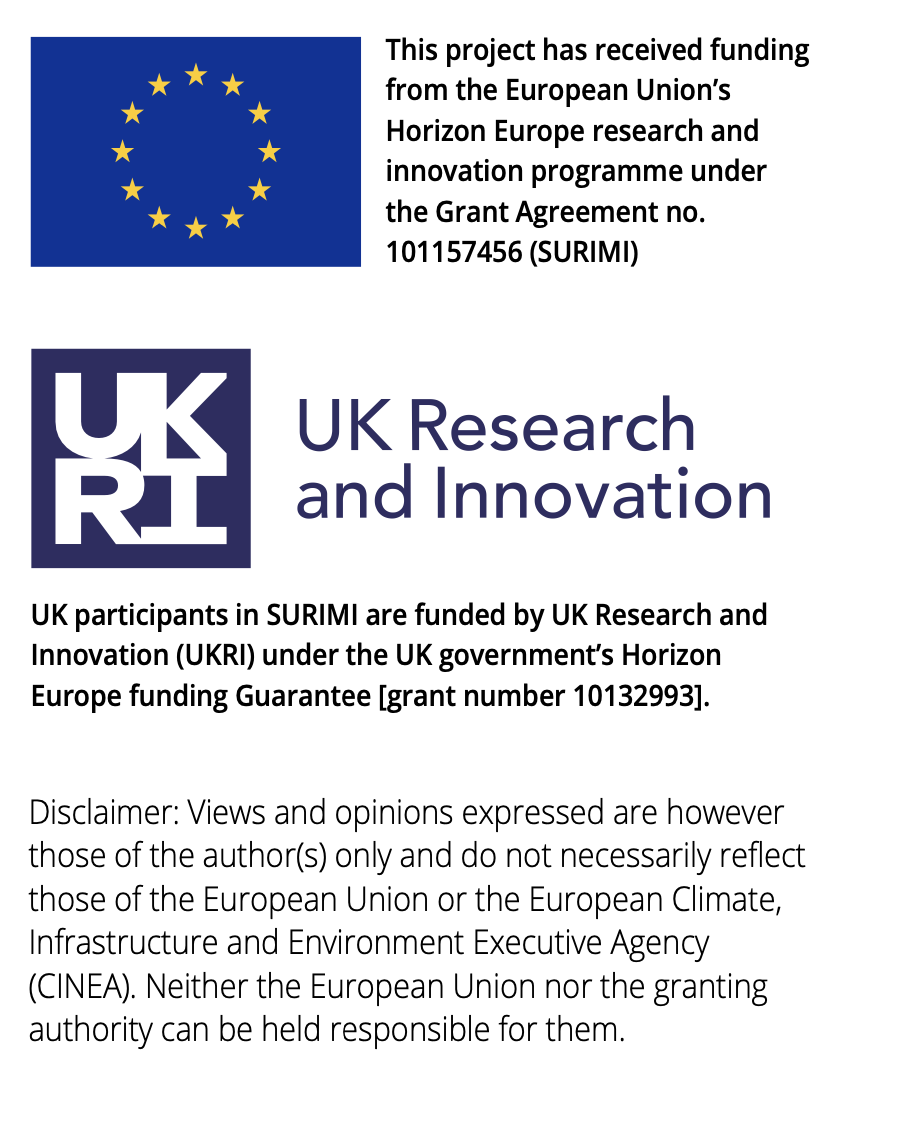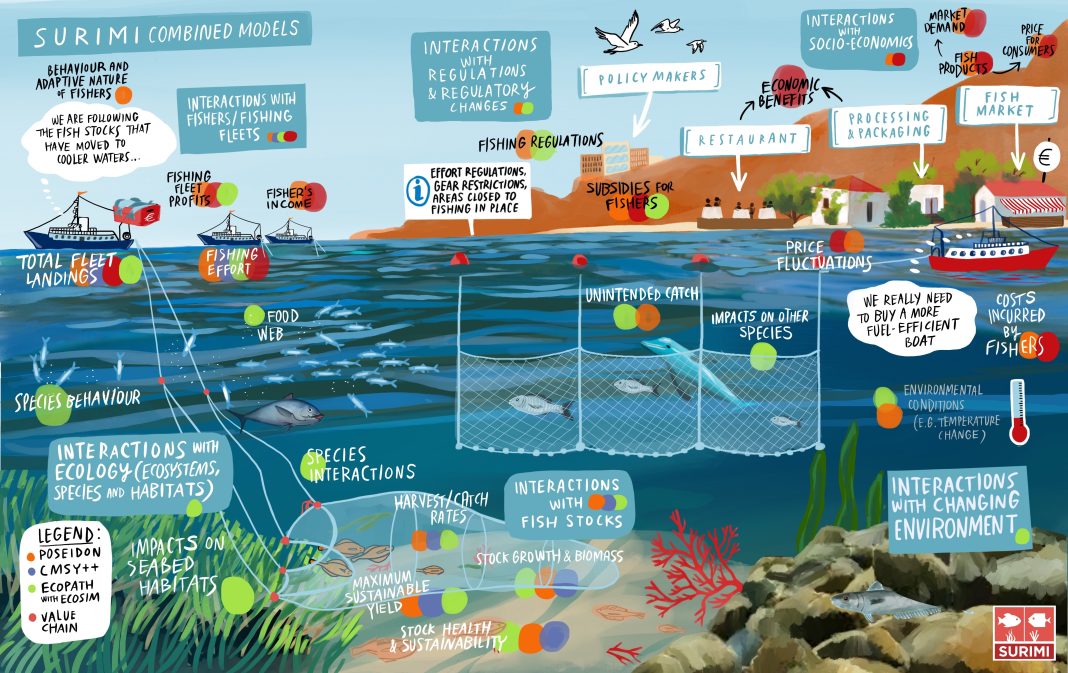Patrycja Antosz, the Research Director of the Center for Modeling Social Systems in NORCE Research AS, shares details of the SURIMI project, part of the European Digital Twin of the Ocean (EU DTO) initiative, aiming to enhance sustainable fisheries management
The European Digital Twin Ocean’s ambition is to facilitate a comprehensive understanding of the complex ocean system. The infrastructure provides a virtual collaborative environment, allowing users access to real-time and historical data, as well as numerical computational models, to simulate possible future scenarios.
SURIMI pioneers sustainable fisheries management
Human activity is a significant driver of change in the ocean system. Fisheries exemplify this: while they secure food, jobs, and cultural heritage, they also place heavy pressure on marine ecosystems. Despite governance efforts (e.g., the Common Fisheries Policy with its maximum sustainable yield targets), European fish stocks remain overexploited and vulnerable.
One problem is that policy measures target issues in isolation, by setting quotas for individual species, defining marine protected areas, subsidising businesses, or implementing short-term economic relief measures.
Contributing to the EU DTO ambition, the SURIMI project seeks to change this. By introducing a socio-ecological layer to the EU DTO, the project positions fisheries as a system where ecological resilience, market dynamics, community wellbeing, and governance converge. SURIMI models make it possible to simulate these interdependencies, giving policymakers tools to design and test in-silico strategies that balance environmental, economic, and social sustainability.
SURIMI game-changers
SURIMI’s cutting-edge contributions start with developing and tailoring individual computational models (Poseidon, CMSY++, Ecopath with Ecosim, and value chain), jointly representing crucial processes along the complete fisheries value chain: from the behaviour of marine species in their natural habitats, through individually- rational actions of fishers, all the way to the price of fish on local markets. To answer the really interesting and complex ‘what-if’ questions that each model in isolation cannot handle, we couple them. As a result, they feed one another with crucial calculated and simulated outputs. The information exchange allows us to plausibly estimate the complex, indirect effects of environmental changes and policy regulations on the fisheries system as a whole, while zooming in on its foundational parts. Recognizing that any infrastructure is only useful if you use it, we enhance the interface with LLM, aiding in a seamless user-models interaction experience.
Our process: With users, for users
SURIMI actively engages a broad range of stakeholders (including policymakers, policy advisory bodies, scientific networks, scientific projects, data providers, advocacy groups, businesses, and citizens) to grow the long-term value of the project’s socio-ecological models, fit-for-purpose data, GUI, and EU DTO integration. The co-design, co-creation, and co-assessment framework is realized primarily via a series of interactive user workshops, ensuring relevance, usability, and trust. Our approach fully supports open science. All SURIMI models are developed under FAIR principles, meaning the software aspires to be findable, accessible, interoperable, and reusable. We reach those goals through advancing semantic standards, open-source roadmaps, and structured model communication protocols geared for integration within the EU DTO ecosystem. If you want to contribute to our journey, join the SURIMI stakeholder forum!
CMSS unique expertise
The Center for Modeling Social Systems (CMSS) is the leading center of social simulation in Norway and one of the major actors in Europe. SURIMI is a prime example of CMSS competence in coordinating complex projects that aim to create simulation of social systems that are coupled with ecological, economic, and technological counterparts. CMSS excels in creating and combining various computational modeling techniques, including agent- based modeling, system dynamics, and microsimulation.
Our work enables exploration of what-if scenarios that encompass system-wide effects. Using a participatory, multidisciplinary approach, the center ensures that models are scientifically rigorous while reflecting stakeholder perspectives.
With SURIMI, CMSS demonstrates how integrating social modeling with advanced ecological and economic simulations can illuminate fisheries dynamics, from fleet behaviour and stock health to market and community responses, positioning the center as a partner for large-scale, socially informed, multi-model initiatives.



